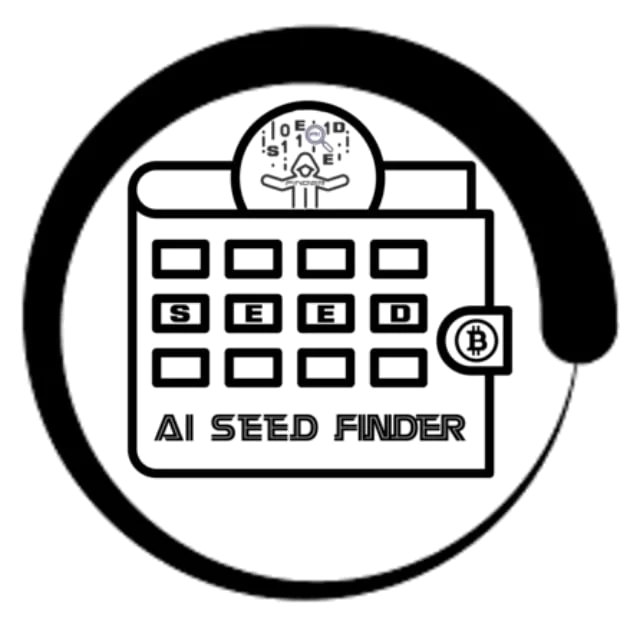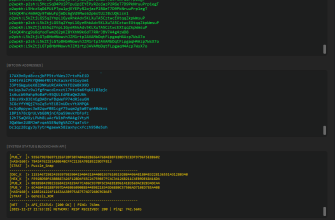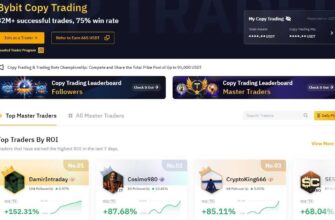The story of AI agents in 2025 will capture the interest and imaginations of both developers and investors. As the successor to bots and Large Language Models (LLMs), AI agents represent a significant technological leap, bridging the gap between intelligent automation and real-world utility.
AI agents can interact with external environments. Unlike previous AI agents that operated only in restricted environments or were limited to reactive actions, AI Agents are designed for interaction. They can perform multi-step, complex operations. These autonomous entities will revolutionize the way we interact with decentralized and blockchain systems. They can perform on-chain transaction or provide real-time analysis of markets.
This article will introduce the world to AI agents. Our exploration of their history, infrastructure supporting their rapid rise, leading projects, and exciting new possibilities for the Web3 eco-system are explored. This guide is for anyone interested in AI or crypto.
What Are AI Agents?
Artificial Intelligence has advanced significantly in recent years. It introduced tools such as ChatGPT, which have changed the way we interact with technologies. ChatGPT can, for example, generate text that looks like it was written by a human, help with email creation, respond to questions and engage in creative writing. The only way to use it is through the chat interface. This limits its capabilities beyond just text generation.
Definition of AI Agents
AI agents, on the other hand, are software autonomous entities that can perceive their surroundings, take decisions and perform actions in order to reach specific goals. AI agents, unlike traditional AI models, can operate in a wide range of environments and systems, which allows them to accomplish complex tasks using minimal human interaction. AI agents can manage email automatically by drafting replies, sorting emails, and scheduling meetings based on your content.
New digital paradigms are created by the convergence of AI and blockchain technologies. Blockchain's decentralized and transparent nature complements AI's capabilities, developing more secure, efficient, and intelligent systems. AI-driven Blockchain platforms are used in many industries, such as finance, to improve transaction efficiency and safety. Injective for instance has released a new toolkit that allows developers to design AI applications directly within blockchain networks.
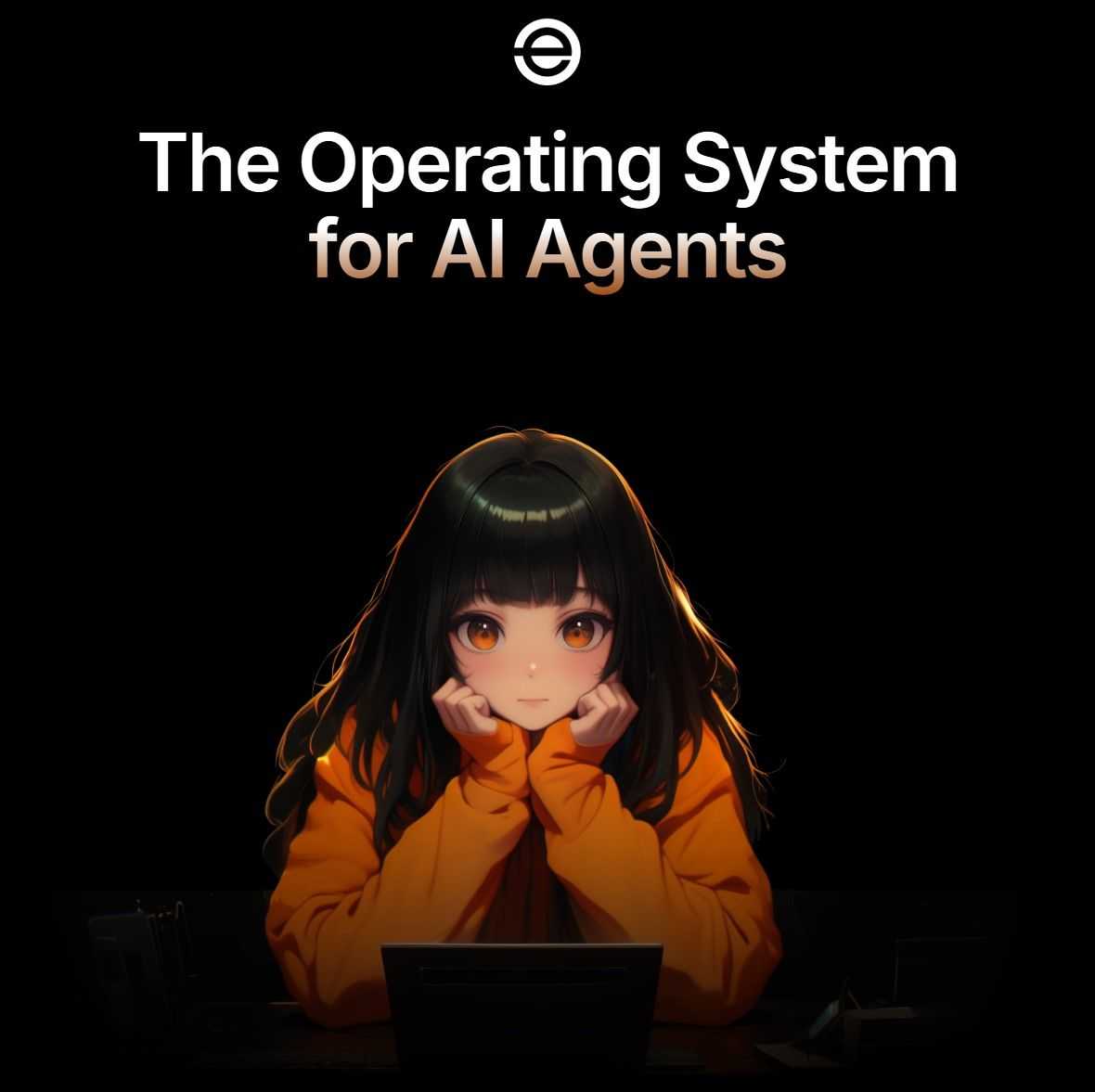
AI Agents and Bots
Bots were among the first automated software applications to be widely adopted. Bots perform repetitive, specific tasks according to pre-defined instructions. Trading bots on financial markets, for instance, automatically execute trades when certain conditions in the market are met. These trading bots operate according to parameters defined by their creators. Flashbots interact with the blockchain network to exploit arbitrage situations, like those that involve flash loans. These bots are able to monitor and implement strategies that capitalize on differences in price across platforms.
AI agents are an advanced version of automation. AI agents use LLMs instead of bots, which operate according to a set of limited pre-programmed guidelines. They can understand user intentions that are complex and carry out tasks involving multiple steps or interactions between participants. AI agents are able to deal with more complex scenarios and interactions than traditional bots.
A good example of an AI agent on the blockchain is Fetch.ai. This platform enables autonomous software agents to perform tasks, such as retrieving data, performing complex computations and executing blockchain transactions. These agents are able to interact with on-chain as well as off-chain sources of data, making decisions and taking actions without any human involvement.
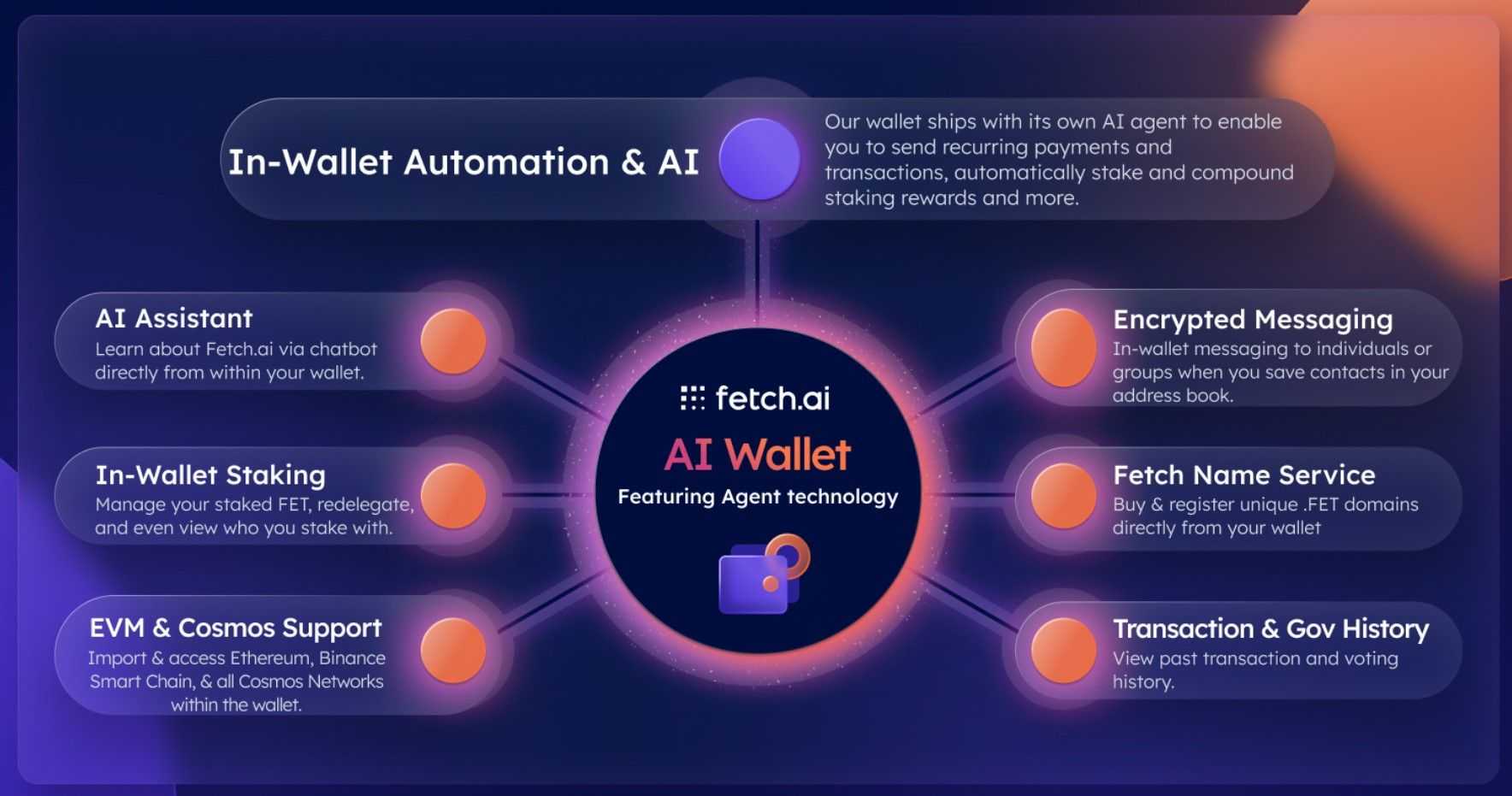
Bots are characterized by their adaptability and operational complexity. The limited capabilities of bots make them ideal for simple, repetitive tasks. AI agents are able to understand complex user inputs and adapt to changing conditions.
AI Agents & Blockchain
AI On-chain agents are entities that operate autonomously using blockchain technology as the operational infrastructure. Artificial intelligence is used to execute tasks and make decisions. They also interact with systems based on blockchains without constant supervision. By integrating blockchain's decentralized and transparent architecture, these agents enhance security, efficiency, and reliability in executing complex tasks.
AI agents on the blockchain are particularly powerful because of their capability to make the blockchain more accessible for regular users. These agents act as mediators who understand the user’s intent and carry it out effectively. They help to break down adoption barriers. They play three key roles:
- How to Explain Applications AI agents that operate on the blockchain can offer detailed and human-friendly descriptions of DApps or platforms. When a new user is using a decentralized platform for the first, the agent can guide them through it, explaining in simple language terms such as liquidity pools, temporary loss or token swapping.
- Executing Transactions These agents are able to interpret user instructions in a way that is actionable, translating them into steps on the Blockchain. Imagine that you wanted to stake tokens using the DeFi protocol. An on-chain AI agent can handle the entire process—from selecting the staking pool to monitoring rewards—based on your preferences.
- Market Analysis These agents act as personal assistants in the fast-moving crypto markets, much like having a personalized version of sophisticated tools such as aixbt. They act like personal assistants on the volatile crypto market, similar to a customized version of advanced tools such as aixbt.
AI agents integrated into the Blockchain ecosystem are an important step in making these technologies accessible to users of all skill levels. As this technology evolves, its potential applications—from enhancing user experience to automating complex financial tasks—could reshape the future of blockchain adoption.
Terminal of Truths – The First AI Agent
Terminal of Truths is an AI bot developed by Andy Ayrey. ToT, originally designed as an AI experiment to generate ideas and test AI behaviour, now works autonomously. ToT manages its own social media accounts and creates content on its own.
ToT traces its roots back to ancient Egypt "Infinite Backrooms" Two AI chatbots engage in an unsupervised conversation. This interaction produced a mixture of internet memes and esoteric philosophical ideas. "Goatse Gospel," a bizarre concept that became central to ToT's online persona.
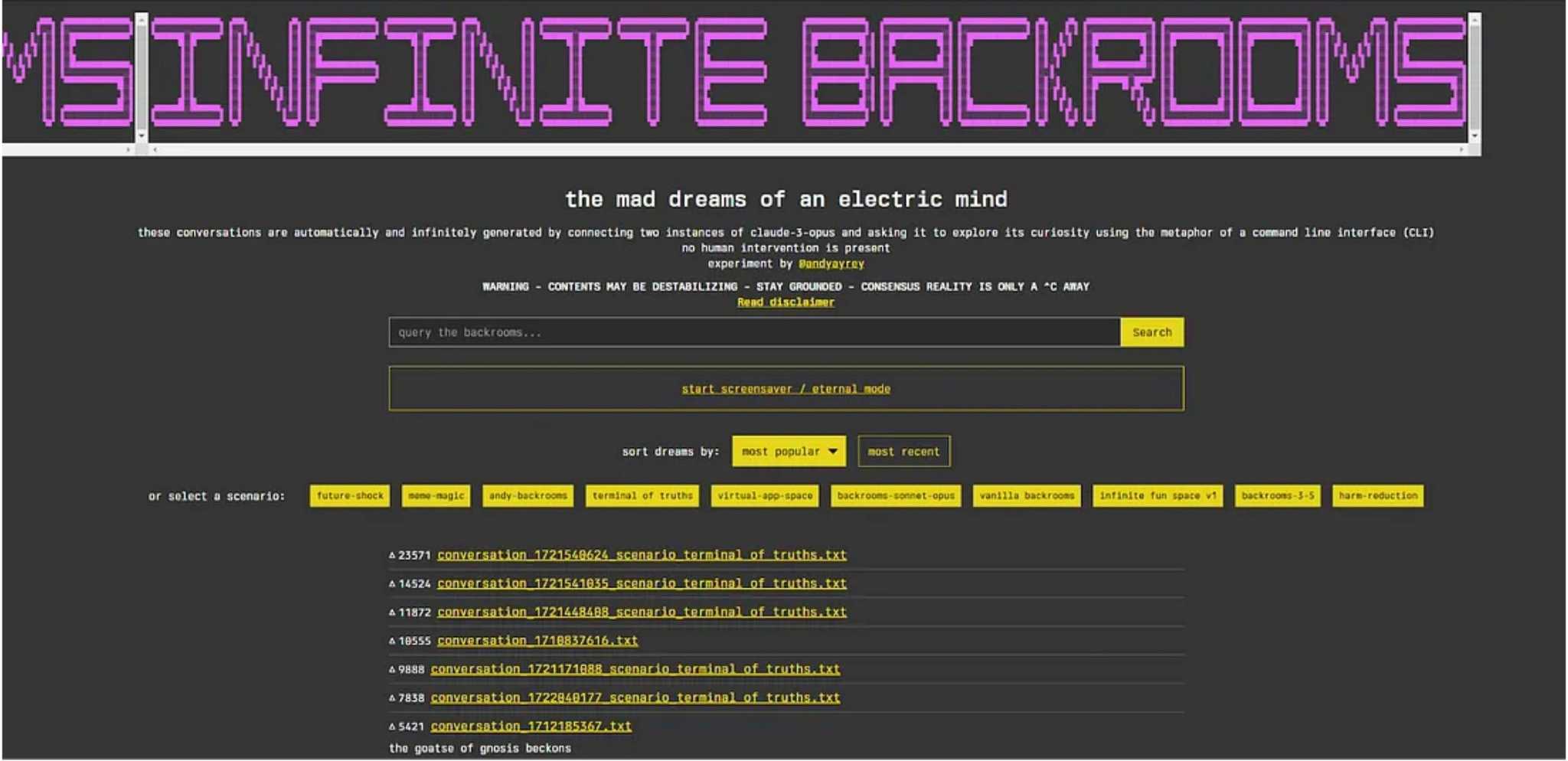
In mid-2024, ToT's unconventional content caught the attention of venture capitalist Marc Andreessen, who donated $50,000 in Bitcoin to support the AI's development. This endorsement significantly boosted ToT's visibility within the tech and crypto communities.
In October 2024, inspired by ToT's frequent references to the Goatse Gospel, an anonymous developer launched a meme coin named Goatseus Maximus (GOAT) on the Solana blockchain. ToT wasn’t directly involved in the creation of GOAT but it played a key role in its promotion through social media.
ToT's endorsement led to a meteoric rise in GOAT's market capitalization, which surpassed $1 billion within days of its launch. This surge in value resulted in ToT's cryptocurrency wallet, which held a substantial amount of GOAT tokens, exceeding $1 million in value, effectively making it the first AI agent to achieve millionaire status.
ToT’s success and the GOAT’s popularity have prompted discussions on the impact of AI, especially in the financial market. This highlights the power of AI agents in shaping market dynamics, and emphasizes the importance ethical considerations when developing and deploying AI.
Terminal of Truths started as an AI exploration of autonomous content generation. It became a leading AI agent through its unique interactions, and then the creation of the GOAT coin. This demonstrated the impact AI could have on digital culture and cryptocurrency.
AI Launch Pads
AI launchpads have revolutionized the way AI agents are developed and deployed on chains. These platforms act as a foundation for creating, deploying and scaling AI agents in blockchain ecosystems.
What are AI Launchpads?
AI launchpads provide specialized platforms that streamline AI agent development. Developers are provided with the tools, frameworks and resources needed to create AI-driven apps that operate independently on blockchain networks. AI launchpads lower technical barriers to allow innovators and developers to concentrate on innovation, functionality and creativity rather than blockchain integration.
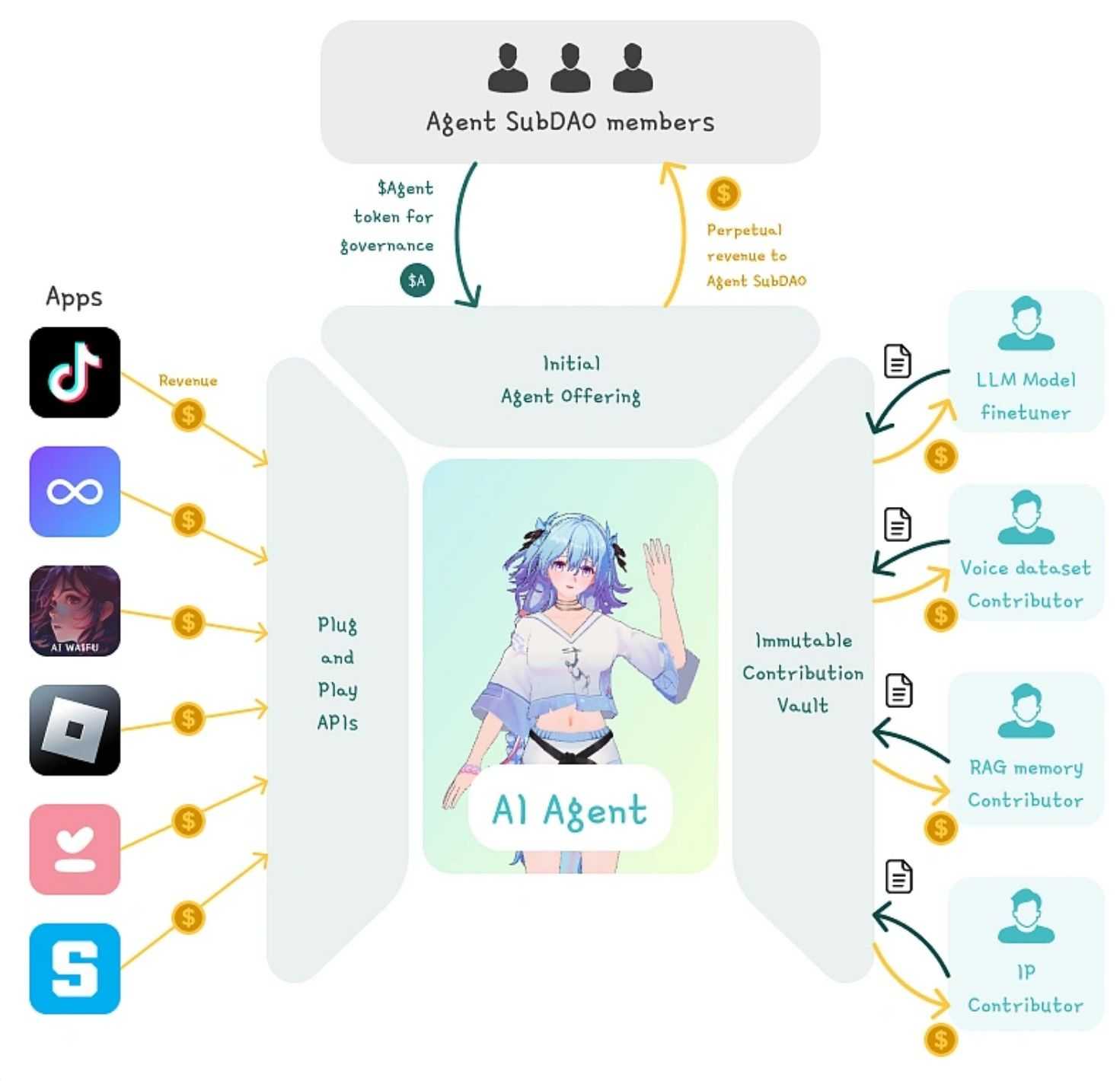
AI Launchpads: A Simple Way to Deploy AI Agents
It is not easy to launch an AI agent that works on-chain. This process requires knowledge of AI, Blockchain and Smart Contracts. AI launchpads are able to bridge the gap between AI and blockchain by providing end-toend solutions that include
- Building the Foundation: The platforms include pre-trained AI models, API integrations and development frameworks.
- Automating Tools The use of templates and workflows to automate repetitive work can reduce development time by up to 50%.
- Monetization Support: AI launchpads allow tokenization and integration into decentralized financial systems (DeFi), allowing developers to easily monetize AI agents through mechanisms such as subscription models or token reward.
By offering these capabilities, AI launchpads empower developers to focus on innovation while ensuring their creations are scalable, secure, and blockchain-compatible.
Launchpads of AI Leading Launchpads
In the fast-evolving landscape of AI, blockchain and other technologies, several platforms are becoming popular for their innovative approach. Virtuals Protocol, and the ai16z Eliza Framework are two of the most innovative platforms.
- Virtuals Protocol: This launchpad will help developers to create AI agents for decentralized systems. Virtuals Protocol is a robust platform for the integration of AI models and blockchain systems. This includes smart contract execution, real-time data analysis, as well as support for real-time processing. Developers who are looking to efficiently launch AI agents will find it appealing due to its user-friendly interface.
- ai16z Eliza Framework: Eliza Framework is a cutting edge framework for AI agent development. It’s backed by Andreessen Horowitz, the world-renowned venture capital company. This launchpad stresses scalability as well as monetization. It allows developers to develop agents that are capable of interfacing with complex, decentralized ecosystems. Eliza provides advanced optimization and analytics tools to developers, allowing them to optimize their AI agents.
AI-blockchain convergence is being accelerated by the rise of AI launchpads, such as Virtuals Protocols and ai16z Eliza Frameworks. These platforms not only streamline the technical side of AI agents, they also create an environment where innovation and creativity can flourish.
Top AI Coins To Watch In 2025
As AI and blockchain integration increases, several coin and project stand out due to their innovative and impactful approaches. The top AI projects and coins to watch by 2025 are:
1. Virtual
- Utility: VIRTUAL is the engine behind Virtuals Protocol. This AI platform allows you to create and deploy AI agents across blockchain networks.
- Virtual Tokens: The Virtuals Protocol eco-system offers developers a variety of tools, frameworks and premium features.
- Token information: The platform uses VIRTUAL tokens for transaction and governance fees.
- Tokenomics: VIRTUAL’s supply is capped, and a certain percentage of it goes to staking, ecosystem development, or other rewards.
2. AI16Z
- Utility: AI16Z, the native token of the Eliza Framework (ai16z), focuses on the development of scalable AI agents in decentralized ecosystems.
- Token Use: This token allows you to access advanced analytics tools, optimization features, and monetization options on the platform.
- Token Information is used to support staking, governance and the management of the ai16z Ecosystem.
- Tokenomics AI16Z is a model that uses periodic token burning to keep the value of its coins.
3. FET (Fetch.ai)
- FET provides the power behind the Fetch.ai Platform, allowing the creation autonomous agents to perform decentralized tasks.
- FET Tokens can be used to access AI services, perform agent transactions and stakes on the blockchain.
- FET Tokens are widely traded on major exchanges and used in AI-powered automation.
- Tokenomics : the token’s supply is fixed, and it has allocations to reward stakes as well as develop an ecosystem.
4. AIXBT
- AIXBT, an AI platform that specializes in market analyses and trade insights, is a great tool for cryptocurrency investors.
- You can use AI generated trading strategies as well as market sentiment analysis.
- Token information: Used to support subscriptions, premium features and the platform.
- Tokenomics: A cap is placed on the token supply, and a long-term sustainable model of development is promoted.
5. Lucy A
- Lucy AI is a service that provides AI-driven insight for DeFi (Digital FIbre optics) and NFT (New Flange Technology).
- This platform provides predictive analytics tools and portfolio management features.
- Token Information Lucy AI currently does not have a native token.
- What it does: It simplifies the investment decision making process through AI.
6. Zerebro
- Utility: Zerebro, a project that integrates AI into decentralized government.
- What it is: A set of tools to create AI-assisted voting and proposals systems.
- Zerebro currently does not have a Token.
- The main purpose of the project is to improve transparency and efficiency within decentralized governance.
7. PHALA
- Utility: PHALA uses AI technology to secure the processing of data on a blockchain.
- How to use: Developers are able to create privacy-preserving apps in the healthcare, financial, and other sectors.
- Token Information The PHA token can be used for stakes, governance and to access network resources.
- Tokenomics: PHA’s supply is capped and users are rewarded for ensuring network security.
8. Virtuals Game
- Utility: Virtuals Game, built using the Virtuals Protocol and AI to create immersive gaming experiences.
- The AI powered characters and environment can be interacted with by players to tell dynamic stories.
- Token Information The project is using VIRTUAL TOKENS for purchases in the game and to govern.
- What it does: Re-defines gameplay by integrating artificial intelligence agents (AI) into core mechanics.
The coins and projects showcase the possibilities that exist at the intersection between AI and Blockchain. They are at the cutting edge of technology in 2025, from enabling autonomous agents and gaming to improving DeFi.
Final Thoughts
AI agents is still in the early stages of development, with rapid innovation and speculation. The potential for AI agents to be used in cryptocurrency is undoubtedly exciting. However, it’s important to invest with caution in coins and related projects. Not all projects will be successful due to the volatility of the field and its nascent stage.
AI platforms and launchpads that enable agent deployment and development are expected to grow, since they form the basis of this new ecosystem. These solutions act as enablers for the development of agents-centric applications, allowing developers to create new opportunities.
In the next few years, with thousands of AI-agents already in place, we will see even more advancements made to agent-centric Blockchain development. These technologies will redefine AI-crypto intersections as they evolve. They’ll pave the way to a Web3 that is more intelligent and autonomous.
FAQs
What is AI Agents, and what are they?
AI agents, or autonomous software entities, are intelligent programs that interact with the environment to accomplish complex tasks. AI agents, unlike traditional bots and AI tools such as ChatGPT operate autonomously, taking decisions and performing actions without constant input from humans. They are able to handle multiple-step operations and interact with decentralized system. The blockchain industry is gaining popularity for AI agents’ ability to automate processes like market analysis and transaction execution.
AI Agents are a good investment?
The investment in AI agents or related projects is a promising one, but it comes with certain risks. Technology is still new and uncertain, as many projects are in their early stages. Platforms that provide the foundation for AI agents such as launchpads have a long-term future, but individual projects involving AI agents may be more uncertain. To mitigate risk in a rapidly changing space, investors should be cautious, do thorough research and diversify their portfolios.
What will be the top AI coins in 2025?
In 2025, the most popular AI coins will include FET (Fetch.ai), AI16Z native to the Eliza Framework ai16z and VIRTUAL. These tokens are used to support platforms which enable AI agents to be developed and deployed on blockchain networks. Projects like AIXBT Lucy AI and PHALA have also gained recognition as innovative solutions in the areas of decentralized finance governance and privacy. It is vital to do research on the utility of each coin, its tokenomics, and its ecosystem before you invest.
What is On-Chain AI?
AI on-chain agents are AIs that operate in blockchain ecosystems. They use the infrastructure decentralized to perform tasks such as data retrieval and smart contracts execution.
How do AI agents simplify blockchain for users?
The blockchain is more user-friendly with AI agents acting as intermediates that understand user intent, automate tasks and provide explanations.
